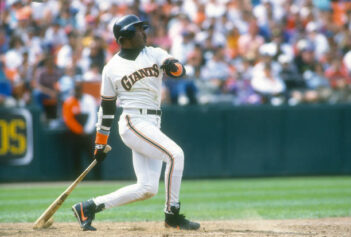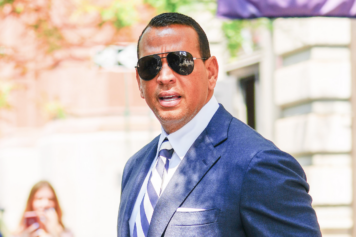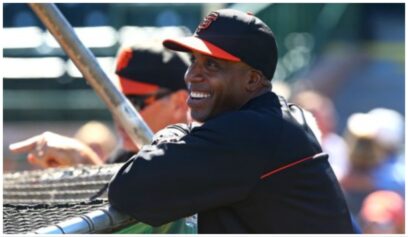Major League Baseball continued its political discourse with the suspensions handed down to Alex Rodriguez and other players linked to the Biogenesis clinic.
Baseball has been on a witch hunt for performance-enhancement drug users since the early 2000s, after the 1998 slugfest between Mark McGwire and Sammy Sosa vanquished the sport’s hallowed “61” from the record books. Then Barry Bonds put further distance between the shadowy greats and the modern stars with his 70 home runs in 2001.Later came the Mitchell Report, which implicated Roger Clemens, possibly the greatest pitcher of the steroid generation. Rather suddenly, the guys who mattered in baseball seemed to be achieving success through dishonesty, or cheating the game.
There’s no doubt that the league wants a drug policy that can be taken seriously, especially since it appeared to look the other way for so long, when McGwire and Sosa were revitalizing the game in ’98 with swing after swing. But what we’re seeing with baseball is similar to the punitive scare tactics we’ve seen with America’s War on Drugs.
What does it say if something as pervasive as steroids in baseball hasn’t become a player safety issue? Is MLB concerned for these 13 players who are using drugs to compete in their league, or is the single emotion one of entitlement?
There’s a segment of players using (not even sure if they’re abusing) PEDs, and it’s the duty of MLB to get tough and teach them a lesson.
Check the player reaction from yesterday, particularly the fact the Yankees put Rodriguez on the field last night against the White Sox.
Morgan Ensberg, once A-Rod’s teammate in New York, couldn’t believe the Yankees did it.
Evan Longoria praised Major League Baseball suspensions for taking “a tremendous step in the right direction for the game we love.”
Others weren’t quite as commissionerfriendly.
Take Mets reliever LaTroy Hawkins, for example, tweeting and retweeting opinions regarding Bud Selig’s hypocrisy throughout this entire steroid era.
The players linked to the Biogenesis hustle are taking the suspensions designated by the league without a single positive test. It’s similar to how the police get people talking when they’ve got nothing on them.
How are we supposed to believe this is in the “best interest” of the game if there is no actual respect for the drug-testing process?
Potential bigger issue if I'm following right: 13 suspensions, 0 positive tests. Non-Biogenesis clients using same PED skating right now.
— CJ Nitkowski (@CJNitkowski) August 5, 2013
A-Rod is the perfect face for the tough-on-steroids movement, because he’s a mark. He’s twice a 200 million dollar man and doesn’t even command the respect of his own organization. Now it seems like he was probably working as the Biogenesis liaison.
Why not make the “end of the era” poster child someone that everyone perceived to be dishonest and self-serving?
After A-Rod’s presser Monday, CBSSports.com columnist Scott Miller asked whether, at this point, “if A-Rod is really the phony’s real name.”
With such focus on the punitive measures, it’d be hard to believe anyone actually cares about players and the long term ramifications of steroid use, or what exactly drove someone to use in the first place.
Baseball may not want to acknowledge it, but the game essentially created the Ryan Brauns and Alex Rodriguezes of the world. This process could have been far more progressive if there had been a serious discussion on steroids in the 12 years between Fay Vincent’s memo in 1991, and the 2003 survey that first caught A-Rod out there.
As far as we know, PED use hasn’t caused problems in baseball beyond what we’ve made of it, and whatever long term effects they have on the players who use them. The steroid cycle has far more dangerous implications on the players that make those decisions, yet the framing of the steroid debate hinges on protecting the game’s integrity and league’s image. It’s not really about steroids, or these guys getting in trouble for it.
Baseball has never been above drug use, but anything short of putting roiders in their place would be unacceptable for the politics that the league operates under. The collective bargaining agreement allows MLB to punish A-Rod however they see fit in a “best interest” of the game clause, which dances around the fact that he hasn’t failed a drug test.
Rodriguez reportedly has evidence mounted against him, enough to suggest he’s been lying through his teeth for as long as we’ve known him. That’s a hard guy to feel sorry for. But he’s just another consumer of this baseball culture that consumed the legends before him.
Baseball is going to continue pointing and wagging its finger to avoid looking in the mirror.



